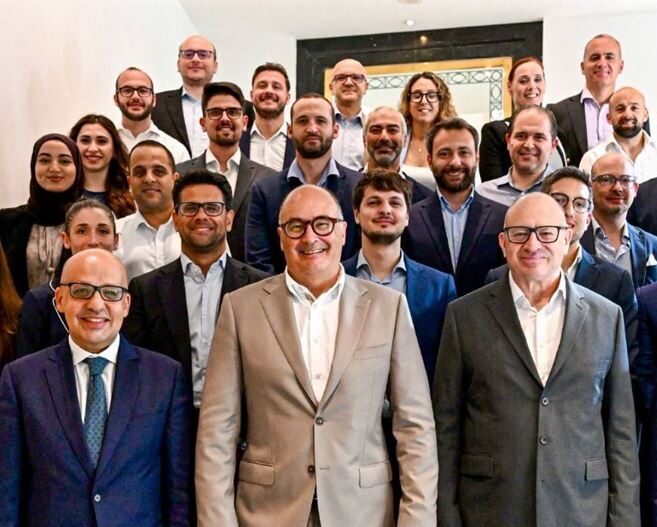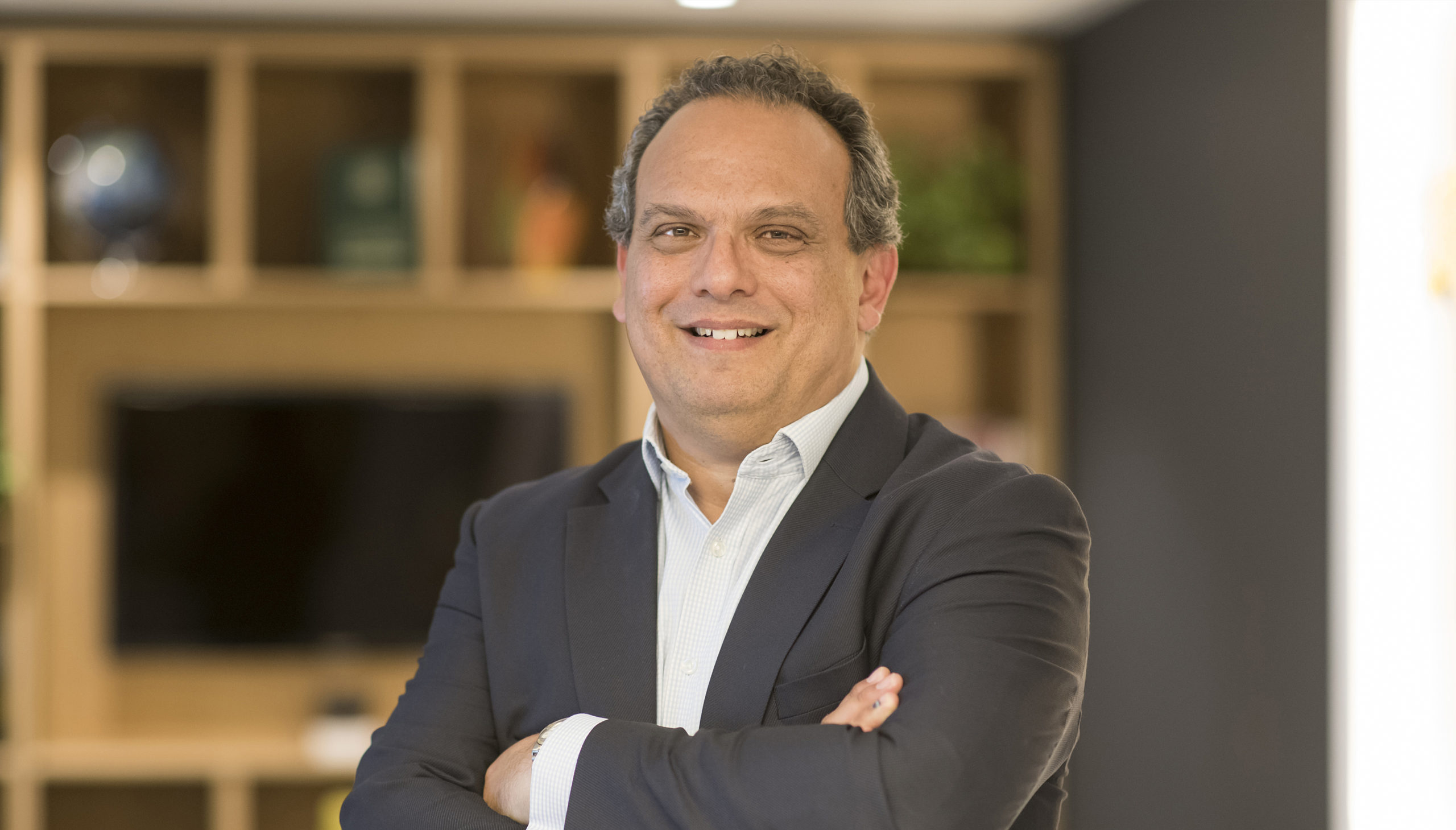Less than half (43 per cent) of workers have stated that their organisations have left them better off than when they first joined, a study by Deloitte has revealed.
This was highlighted in Deloitte’s Global Human Capital Trends report, an annual study that has its finger on the pulse of some of the most pressing issues for organisations, business leaders, and workers. In 2024’s edition, titled “Thriving Beyond Boundaries: Human Performance in a Boundaryless World,” seven trends were identified that showcase how a combination of business and human outcomes plays a role in organisational success.
The study polled 14,000 business and human resources (HR) leaders across different industries and sectors in 95 countries. Additionally, Deloitte also supplemented its research this year with worker- and executive-specific surveys to represent the workforce perspective and uncover where there may be gaps between leader perception and worker realities.
The report found that prioritising human sustainability, the degree to which an organisation creates value for people as human beings, leaving them with greater well-being, employability, and equity, can lead to better outcomes for humans and businesses.
89 per cent of executives stated that their organisation is advancing human sustainability in some capacity, however, just 41 per cent of workers feel the same.
Additionally, 43 per cent of workers said that their organisations have left them in a better state than they started. Workers identified increasing work stress and the threat of technology taking over jobs as the top challenges to organisations embracing human sustainability.
This is cause for concern when it comes to human performance, a measure that reflects the expectations of today’s workers and the rapidly shifting marketplace.
Due to work’s current dynamic, cross-functional, and less quantifiable nature, traditional productivity metrics such as hours worked and time on tasks may end up being inadequate to capture human performance. Technology and data collection advancements are leading to more meaningful metrics for organisations. As data increases, organisations may have to consider what information should be transparent to their workers.
In the study, just over half (53 per cent) of respondents agreed that their organisation is in the early phases of identifying better ways to measure worker performance and value. Just eight per cent stated that their organisations are leading in this area.
Additionally, workers who are confident that their organisation is using their data responsibly are 35 per cent more likely to trust the business. However, only 37 per cent of respondents reported that they are very confident their organisation is using data in a highly responsible way.
The survey also includes various trends that focus on how organisations can evolve their mindsets and approaches in order to meet new challenges, one being that of the rapid advances in artificial intelligence (AI) and Generative AI. These factors are putting a spotlight on the importance of workers honing their enduring human capabilities like curiosity and empathy to spark imagination.
The majority (73 per cent) of respondents stated that ensuring human imagination keeps pace with technological innovation is important. On the other hand, just nine per cent claim that they are making “meaningful progress” towards achieving that balance.
In a bid to tackle this, Deloitte highlighted that organisations need to encourage innovation through “digital playgrounds,” enabling workers to have the psychological safety to explore intentionally, tapping into their capabilities as they experiment with new technologies.
Today’s workers have also expressed the desire to build microcultures tailored to each team’s needs, while also staying true to broad organisational values.
In order to support these autonomous and diverse teams, Deloitte explained that HR teams will need to build “people expertise” capability throughout the organisation, thus providing these skills at the point of need, rather than as a standalone function.
71 per cent of respondents acknowledged that focusing on individual teams and workgroups are the best ways to cultivate culture, fluidity, agility, and diversity. They claimed that this is very or critically important to their success.
Business leaders also felt that changing an organisation’s approach to HR can be very challenging, with 31 per cent of C-suite respondents identifying it as “one of the three most difficult trends” in this year’s report.
To read the full report, click here.
Alison Micallef appointed CEO at Malta Development Bank
She steps into the new role effective immediately.
Impact beyond profit: CSR in Malta is a must in 2025
Nowadays, corporate social responsibility can no longer take a backseat in your business's vision.
Malta’s private equity sector urged to seize opportunities at high-level CEO seminar
Panellists highlighted Malta’s potential as a destination for private capital, citing its English-speaking workforce, regulatory accessibility, and strategic location.
Ronald Attard takes on expanded role as Managing Partner for Risk Management at EY Europe Central
He has built experience in management accounting, corporate finance, and mergers and acquisitions.









